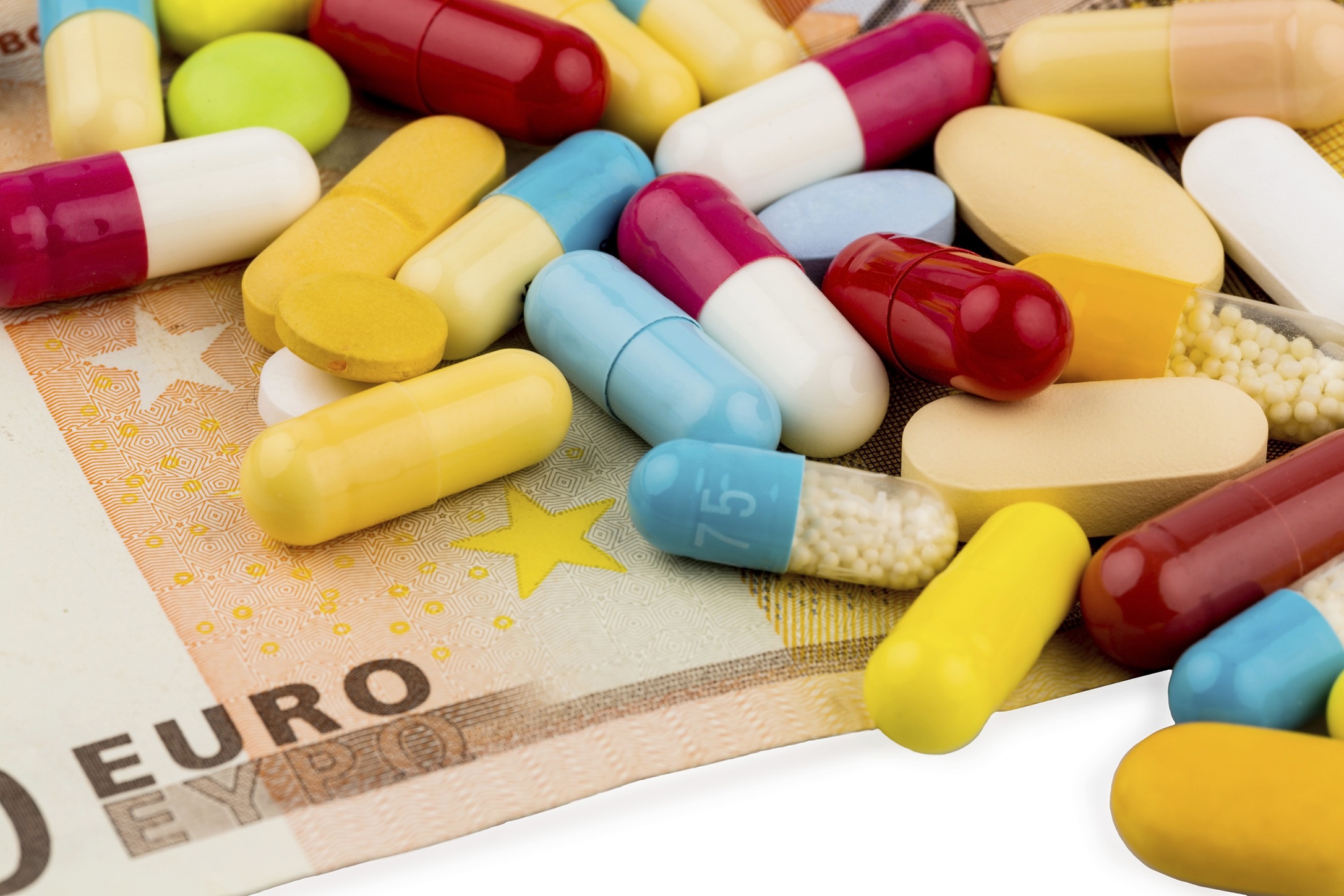European VCs ‘actively seeking new healthcare investments’

The disruption caused by the coronavirus crisis hasn’t dampened the enthusiasm of European venture capitalists to make funding available to healthcare companies, says a new report.
In fact, the survey of the 24 leading VCs investing in Europe by Optimum has found that there is “a substantial amount of money” on offer – although the pandemic could make it harder for startups to access it.
All the VCs polled – which collectively have holdings of around €15.5 billion in the EU healthcare sector – said they are actively looking to invest in new ventures, according to Optimum, which notes six of them have recently raised €2 billion in new funds.
There have been concerns about delays to clinical trials caused by social distancing and lockdowns in European countries could hold back R&D programmes, but the overarching sentiment seemed to be that this wasn’t likely to impact heavily on investment decisions in the near-term.
More important is the impact on face-to-face meetings and travel, and Optimum’s study suggests healthcare companies will have to adapt quickly to the new “virtual norm” of doing business to make sure they can persuade backers to come on board.
“Investors are proactively looking for new investments and many are expecting to devote more time to them,” says Optimum.
The survey also suggests the funds are currently undersubscribed, with two-thirds of VCs prepared to disclose their cash status saying they had deployed less than 30% of funding.
That’s not to say the investment situation is ‘business as usual’. Optimum says that the impact of COVID-19 on travel means that “geography and local VC investor-led syndicates will become even more important.”
There’s also the big opportunity for companies actively working on diagnostics, drugs or vaccines for COVID-19 of course, and Optimum managing director Mary Clark says the crisis “has brought the healthcare sector into the spotlight like never before.”
Nevertheless, the VCs reported they were still looking more broadly for projects to back. Top areas of interest included cancer, immunology, rare diseases, anti-infectives, central nervous system disorders and vaccines, particularly first-in-class programmes, as well as companies offering innovative platform technologies.
“Investors believe in the next 12-18 months the impact of delays in clinical trials and knock on effect on milestones will be the biggest issues for the industry,” according to Optimum, which reckons there may be some impact on partnering in the coming months due to travel restrictions.
“Clinical trial delays and logistics will dominate everything and the industry will need to manage expectations on drug development timelines,” it adds, and this will be a boost to digital health and telemedicine companies, which can help companies get clinical programmes back on track by avoiding face-to-face clinic meetings.
In March, with the pandemic gathering pace, VC group Life Science Partners closed its sixth investment round, raising a record $600 million for biotech and medtech firms from the likes of Bristol-Myers Squibb and Otsuka.
The return was around $150 million more than expected, which LSP said reflected “the large and fast-growing market opportunity in Europe for life sciences companies.”












